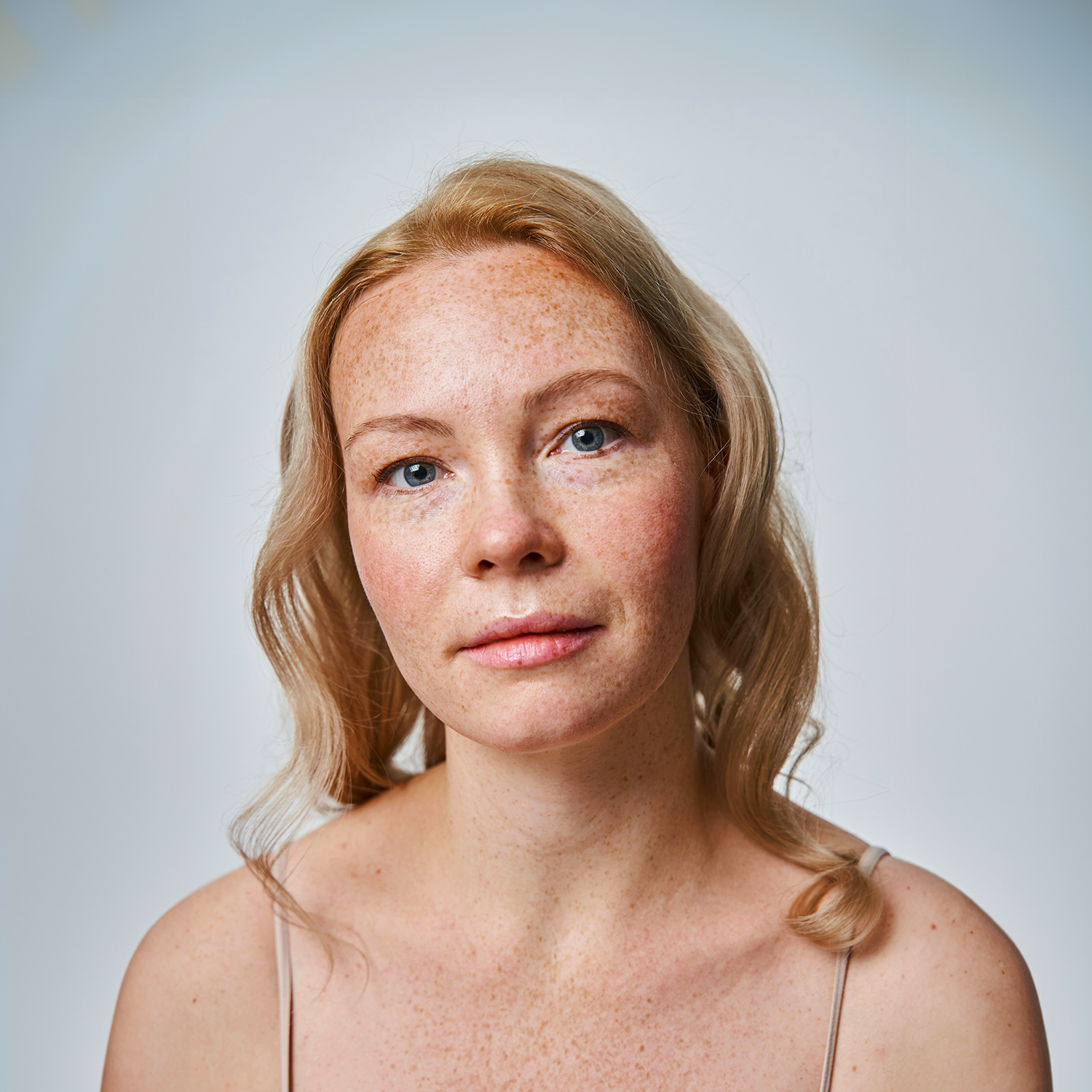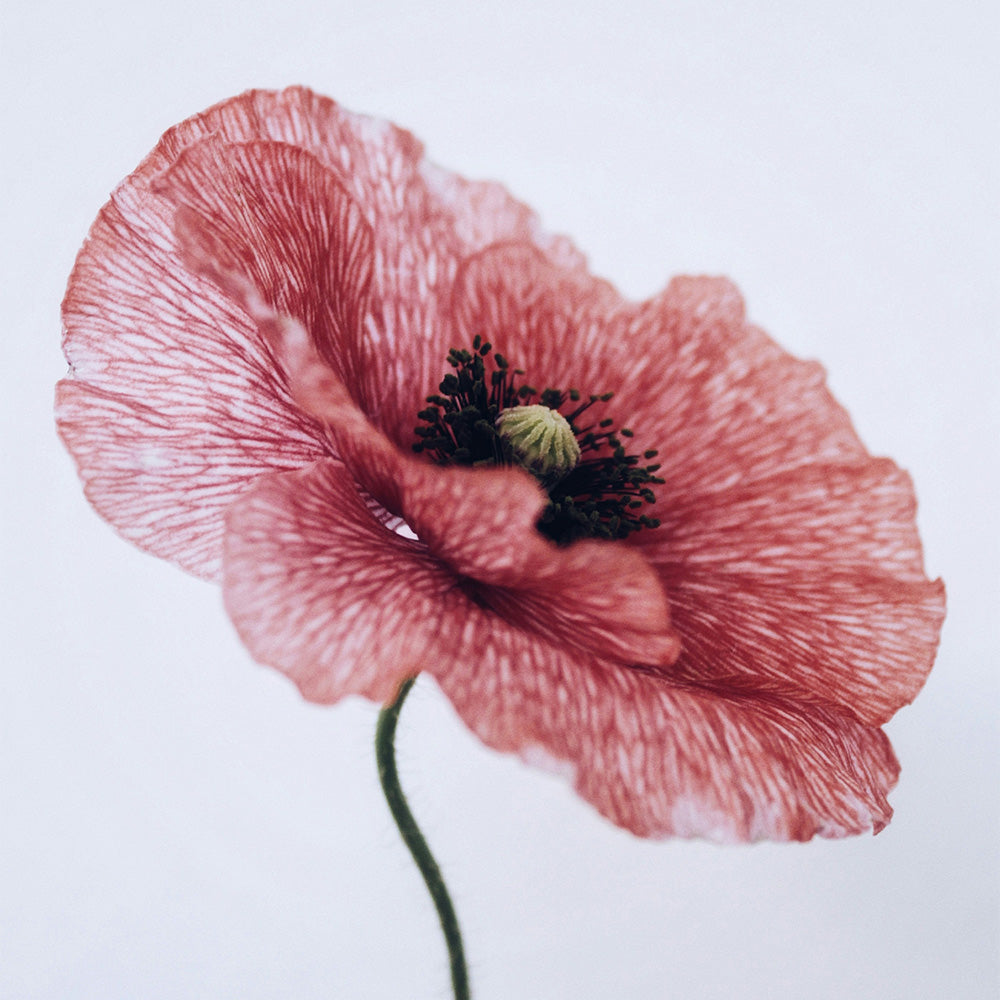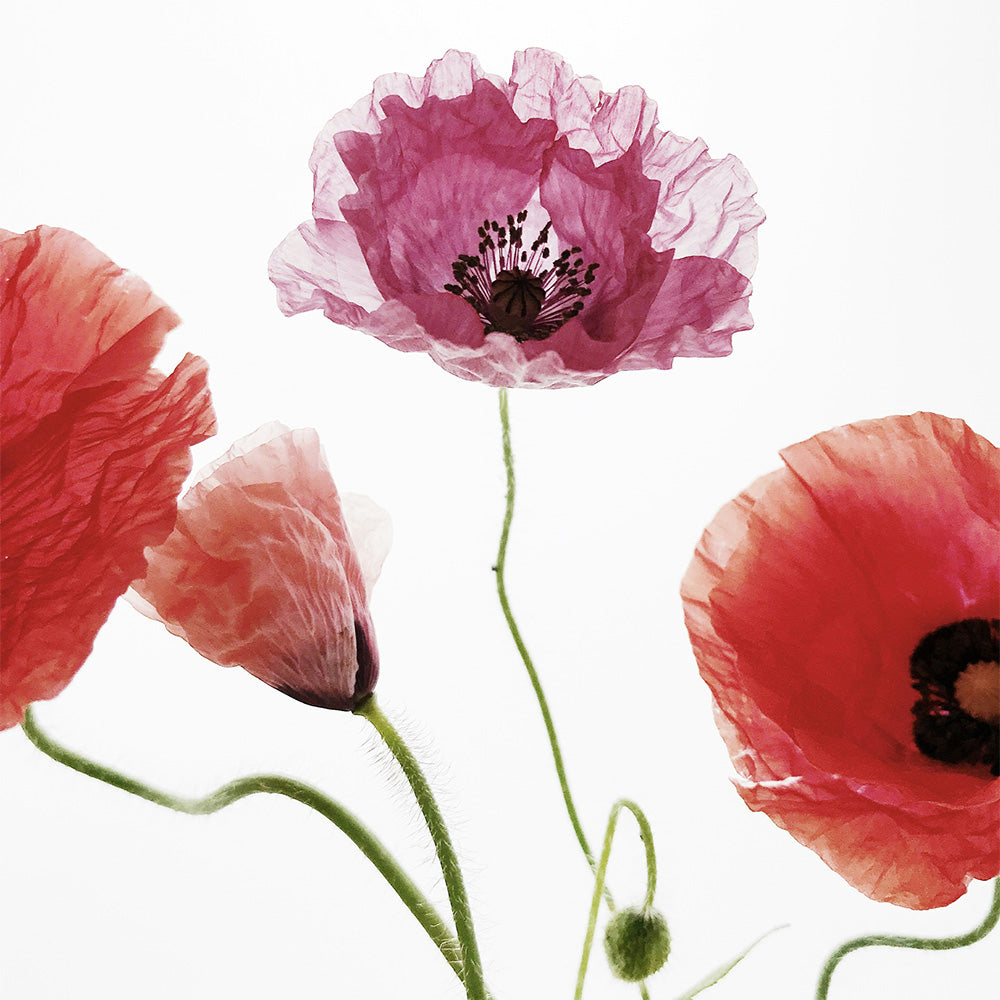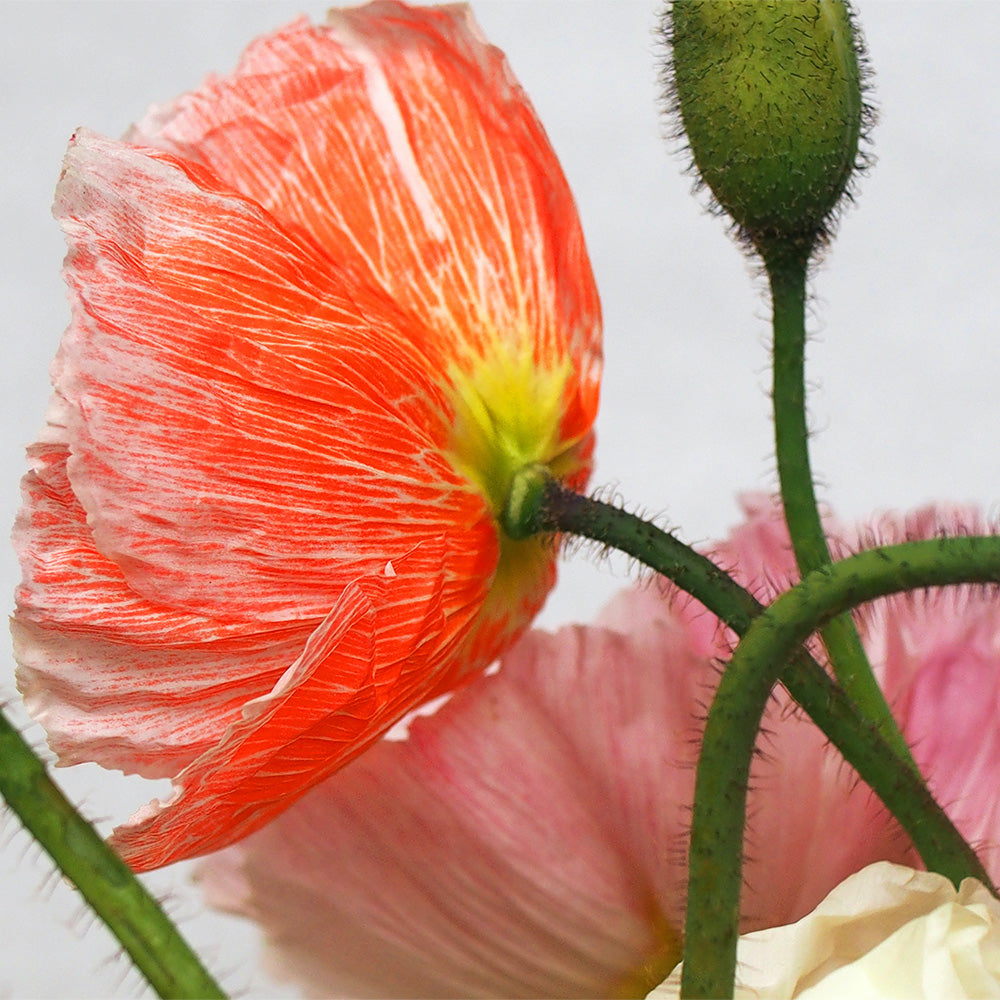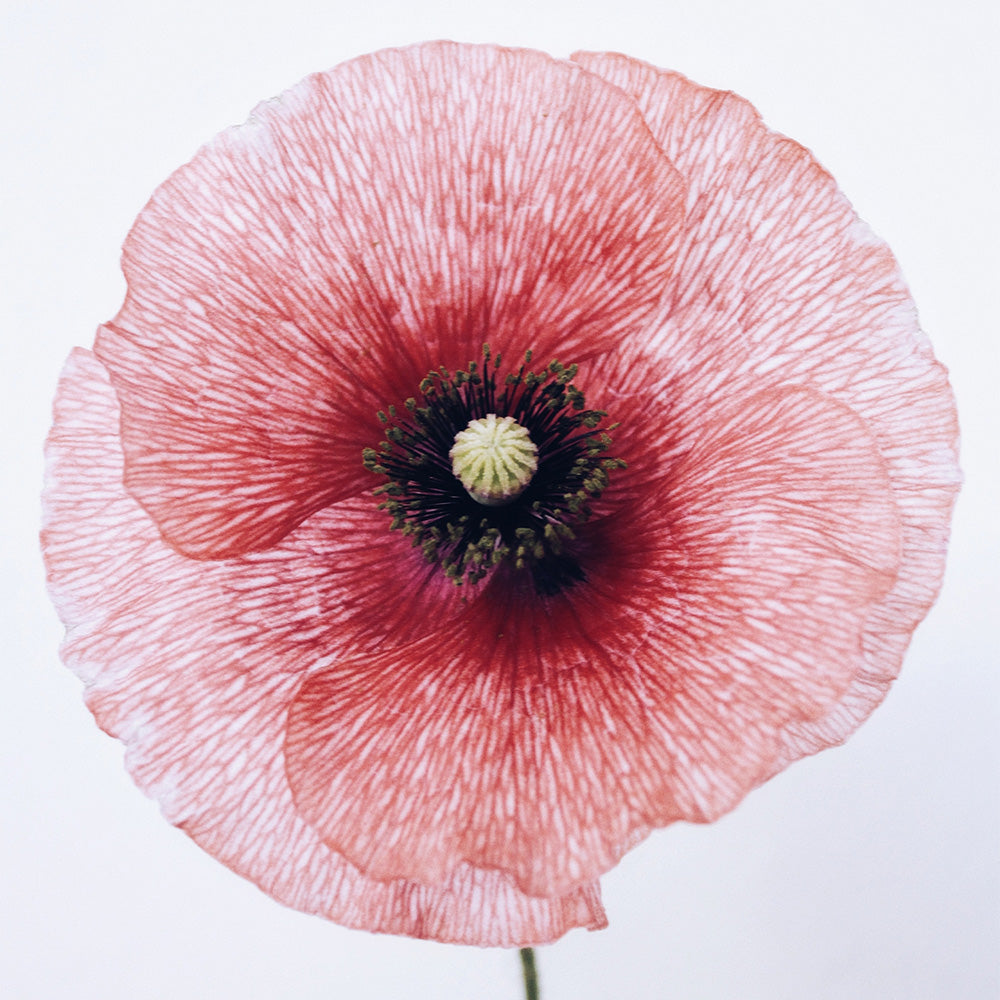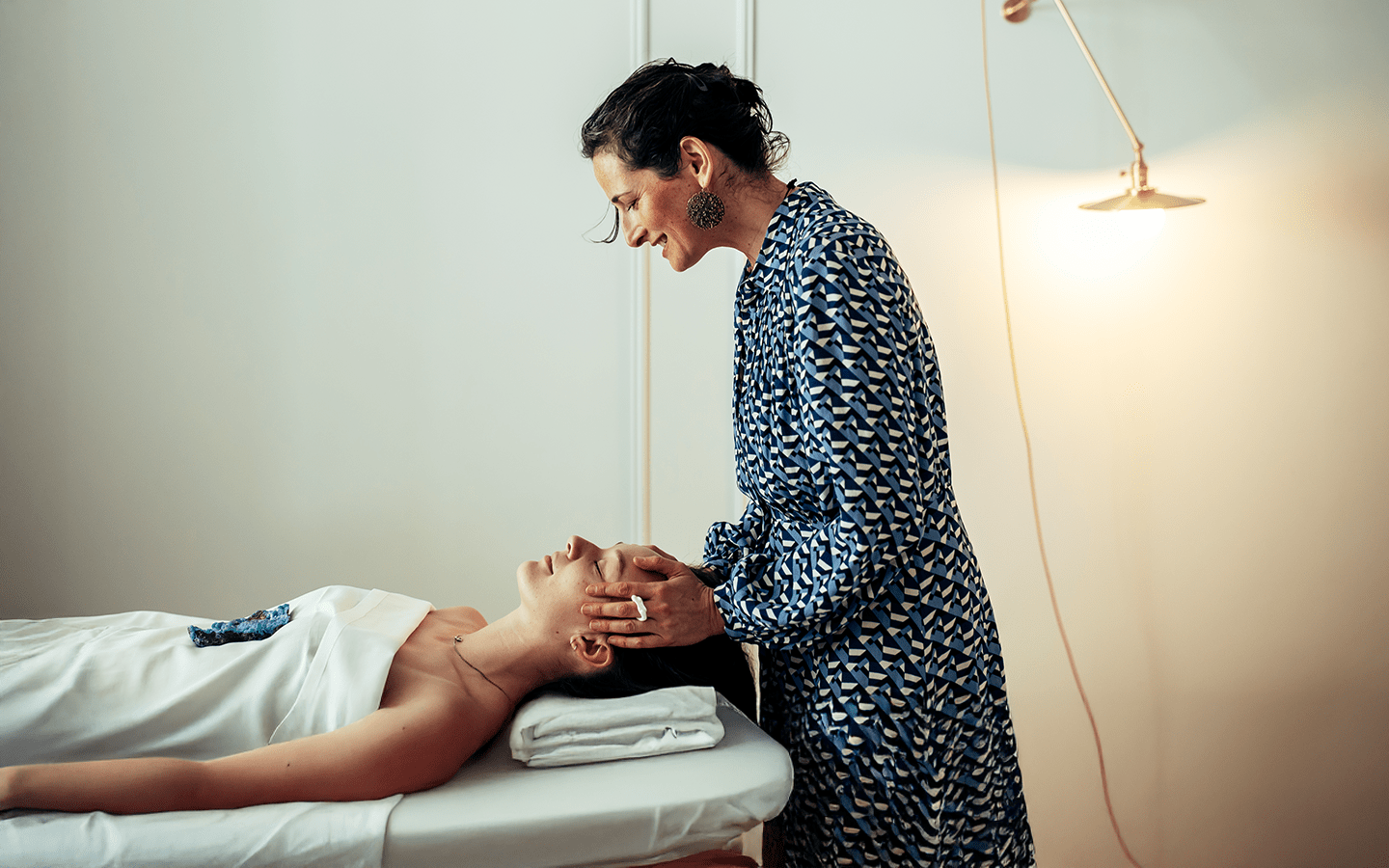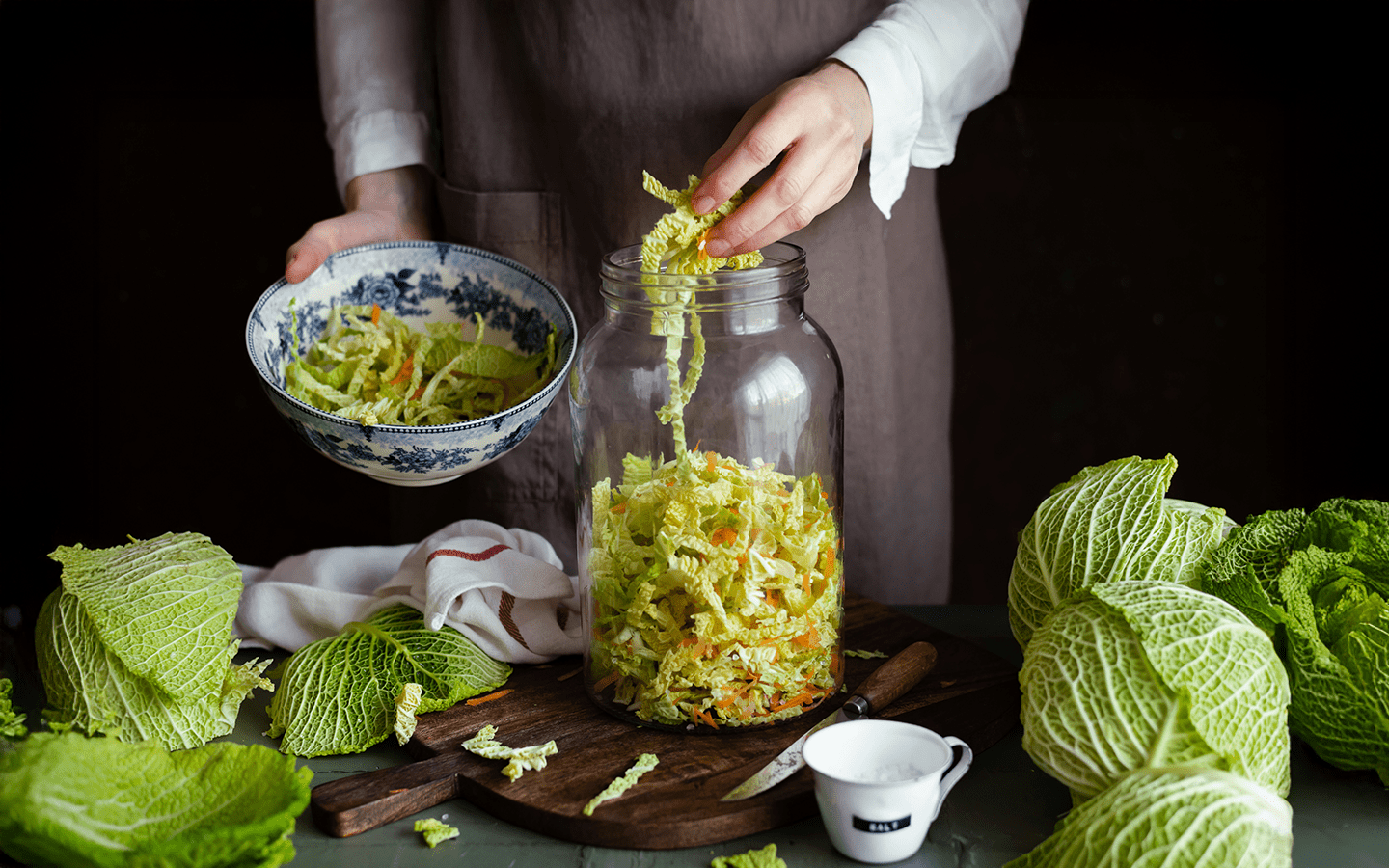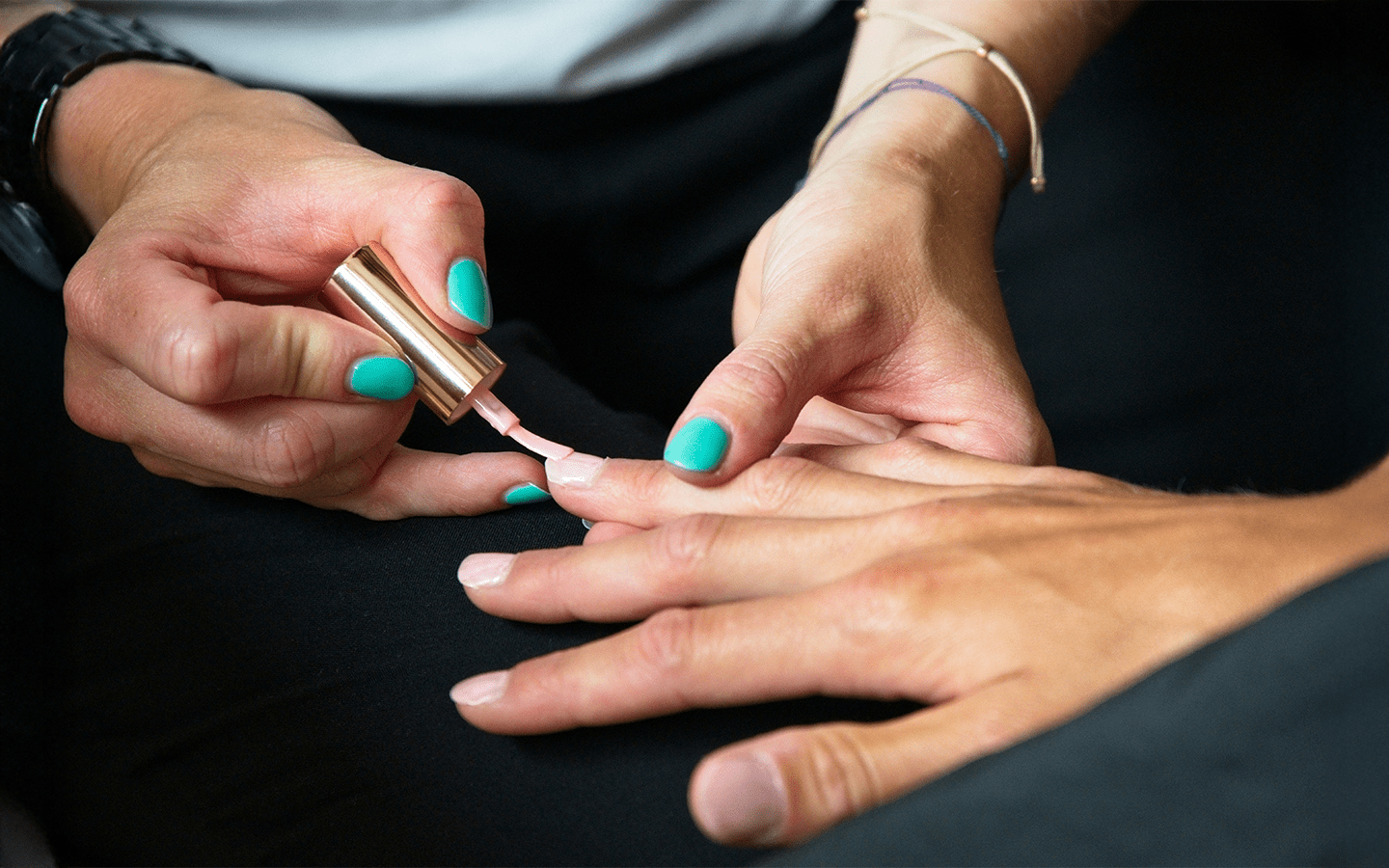
Understanding Postpartum Mood Disorders (PPMD): What New Moms Need to Know
You're not broken—your body, mind, and spirit just did something monumental. Let's talk about what comes next.
The Unspoken Chapter of Motherhood
Picture this: You've just had a baby. The world tells you this should be the happiest time of your life. And yet... you feel weepy, irritable, anxious, maybe even detached from your baby. You wonder, "Is something wrong with me?"
Let me reassure you—nothing is wrong with you. What you're experiencing may be a postpartum mood disorder (PPMD), and you're not alone. As a Doctor of Acupuncture & Chinese Medicine who's spent over two decades supporting women through major transitions—from first periods to postpartum to perimenopause—I've seen firsthand how misunderstood and minimized this phase of life can be.
And personally? I've birthed two children and mothered four. I know what it feels like to be cracked open—body, heart, and soul—and then expected to "bounce back" as if nothing happened. That impossible pressure? We're throwing it out.
What Is a Postpartum Mood Disorder (PPMD)?
PPMD is an umbrella term for a group of emotional and psychological conditions that can affect women after childbirth. It includes:
- Postpartum Depression (PPD)
- Postpartum Anxiety (PPA)
- Postpartum Obsessive-Compulsive Disorder (OCD)
- Postpartum Psychosis (rare but serious)
- Post-Traumatic Stress Disorder (PTSD) from birth experiences
While "baby blues" (mood swings, crying spells, sleep difficulty) are common and typically resolve within two weeks, PPMD lasts longer and is more intense. It can impact your ability to care for yourself and your baby.
How Common Is PPMD?
According to research, approximately 1 in 7 women experience postpartum depression, with some studies reporting rates as high as 1 in 5. About 10-17% of women experience significant postpartum anxiety within the first three months after giving birth. But due to stigma, these numbers are likely underreported.
Many women suffer in silence, afraid of being seen as ungrateful or weak. But here's the truth: PPMD is not a character flaw or a failure of maternal instinct. It's a biological, emotional, and energetic shift that deserves compassion—not shame.
The Chinese Medicine Perspective
In Chinese medicine, childbirth is both a physical and spiritual rebirth. We call the postpartum period "zuo yue zi" or "sitting the month"—a sacred window of 30–40 days when rest, warmth, nourishment, and emotional containment are prioritized.
Birth is a major loss of jing (core vitality), qi (energy), and blood, leaving a woman energetically open and vulnerable. If not supported during this time, it can lead to what we call "heart-mind disturbances"—emotional imbalance, anxiety, insomnia, and even deep despair.
PPMD in this framework is not just about hormones. It's a depletion of life force, and healing requires replenishment, not just prescription.
What Are the Signs of PPMD?
You may be experiencing PPMD if you notice:
- Persistent sadness, emptiness, or hopelessness
- Severe mood swings or irritability
- Intrusive thoughts (especially scary ones that feel "not you")
- Feeling disconnected from your baby
- Difficulty bonding
- Changes in appetite or sleep (not just due to baby)
- Anxiety or panic attacks
- Shame, guilt, or fear of being "a bad mother"
If you recognize yourself in this list, I want you to hear me clearly: you are not alone, and you are not to blame. There is help. There is healing.
Why Early Intervention Matters
PPMD doesn't just impact moms—it affects the whole family. Research shows that untreated postpartum depression can lead to:
- Delayed cognitive and emotional development in babies
- Strain on relationships and marriages
- Long-term maternal mental health challenges
The good news? With the right support, most women recover fully.
How I Help My Patients Heal
In my clinic, I use a deeply integrative approach to support women navigating PPMD:
1. Acupuncture for Nervous System Reset
Studies show acupuncture can significantly reduce symptoms of depression and anxiety by regulating the HPA axis, boosting endorphins, and calming the sympathetic nervous system.
2. Herbal Medicine to Restore Vitality
Traditional formulas like Xiao Yao San (Free and Easy Wanderer) or Gui Pi Tang (Restore the Spleen Decoction) are customized to rebuild blood, soothe the spirit, and ease emotional tension—backed by both centuries of use and modern pharmacological studies.
3. Lymphatic Drainage & Touch Therapy
Restorative bodywork can help release stagnant emotions, reduce inflammation, and reawaken a sense of embodiment in women who feel disassociated or "trapped" in their postpartum bodies.
4. Lifestyle & Nourishment Counseling
From warm, easy-to-digest meals to limiting exposure to overstimulation (yes, that includes well-meaning visitors!), I guide patients in designing a postpartum environment that feels like sanctuary—not survival.
Western Medicine and PPMD
Sometimes acupuncture and herbs aren't enough—and that's okay. I often work collaboratively with OB-GYNs, psychiatrists, and therapists to ensure my patients receive full-spectrum care. SSRIs, therapy (especially CBT and EMDR), and support groups can be life-changing tools.
Recently, the FDA approved two groundbreaking medications specifically for postpartum depression: brexanolone (Zulresso) in 2019 and zuranolone (Zurzuvae) in 2023. These medications work differently than traditional antidepressants and can provide rapid relief for severe cases.
The key is finding what works for you—and not waiting to ask for help.
How to Support a Friend with PPMD
If someone you love has just had a baby, here's how you can show up:
- Ask open-ended questions: "How are you doing, really?"
- Normalize all feelings: "It's okay not to be okay."
- Help with daily tasks: Laundry, meals, errands—not just baby holding.
- Avoid advice-giving unless asked. Just listen.
- Encourage professional support if needed.
You're Still the Hero of Your Story
Becoming a mother can feel like losing yourself—and finding yourself all at once. Postpartum mood disorders may shake your foundation, but they do not define you. Healing is possible, and you don't have to do it alone.
You've just done the most courageous thing imaginable. Now it's time to mother yourself, too.
If you're in the Newport, Rhode Island area, I'd be honored to support you in the clinic. And wherever you are, you can explore my newsletter or follow me on Instagram for holistic wisdom, laughter, and community.
Resources for Further Support
- Postpartum Support International
- The Motherhood Center
- The Menopause Society – Reproductive Mood Disorders
- Evidence on acupuncture for postpartum depression – NIH
Remember: You are not just surviving this chapter—you're writing it. And every page forward is an act of courage.
